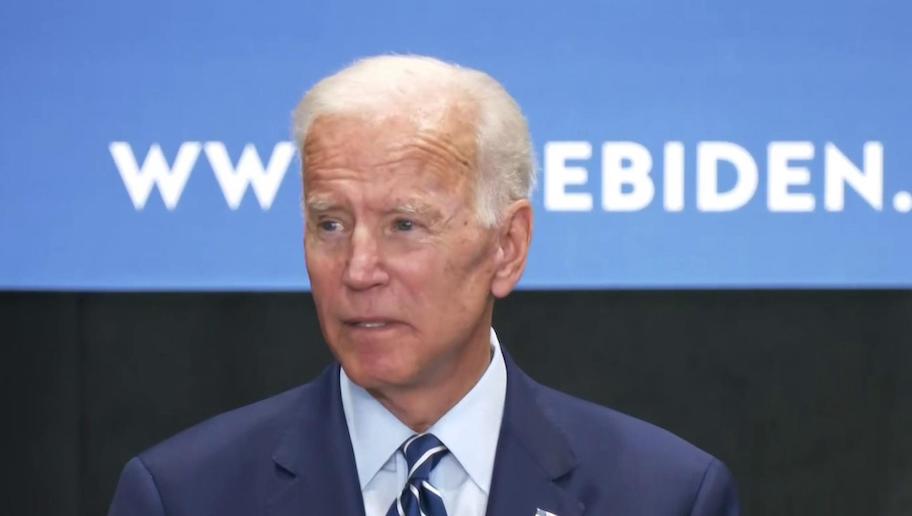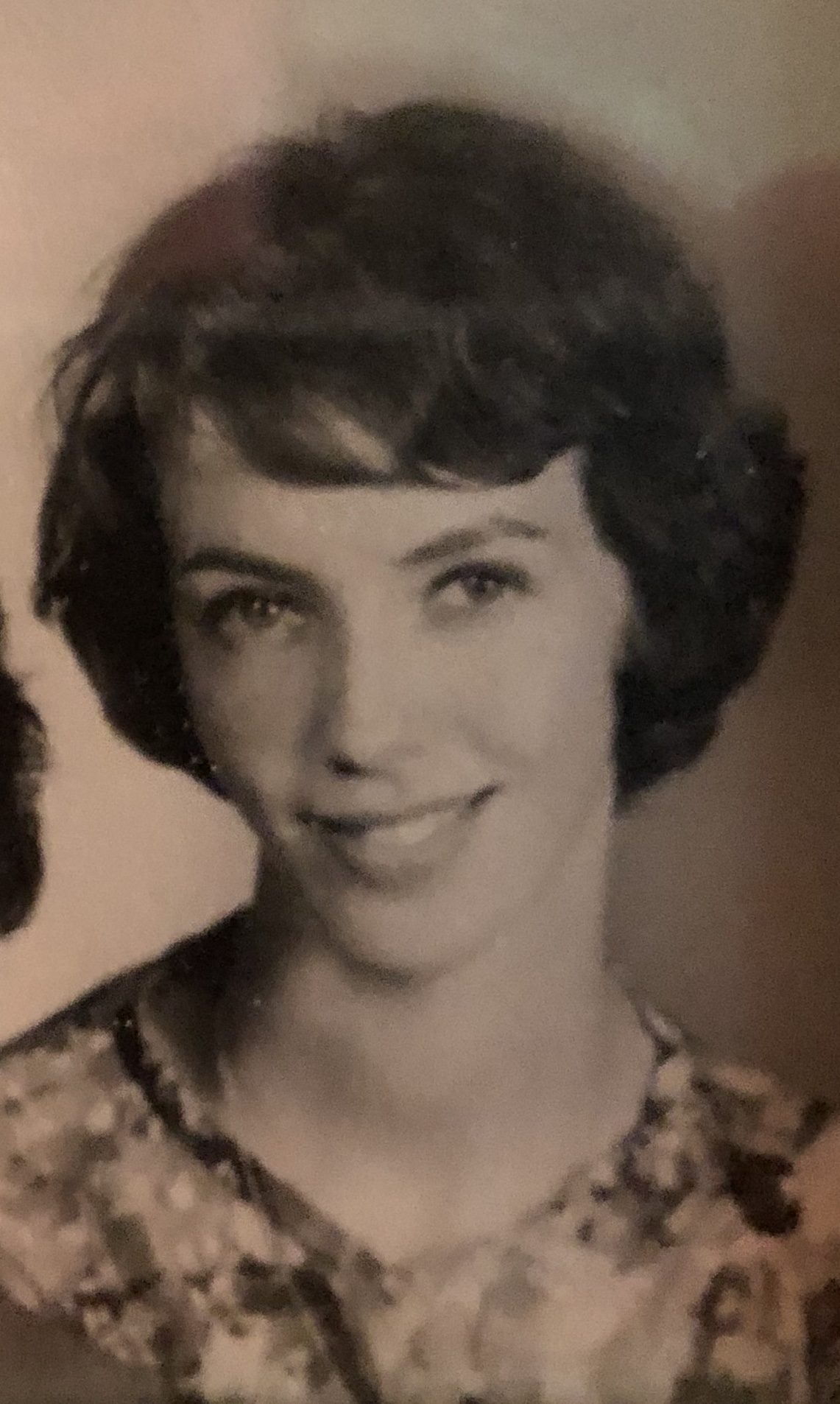
You Democrats ought to be ashamed of yourselves.
You spent the last four years criticizing Donald Trump in no small part for his mental state, and rightly so. The founding fathers included an impeachment provision in the Constitution in large part as a contingency to remove a president exactly like him, whose temperament and personality and mental state are incompatible with the requirements of the highest elected office in the land.
Trump is not merely a jerk. Psychologists have been so alarmed that they have violated a core ethical principle of their profession by attempting to diagnose him at a remove. Narcissistic personality disorder is their universal conclusion and it fits like a glove. Among the characteristics of NPD is a lack of empathy—not something one wants or needs in a leader.
Now Democrats are conspiring to gaslight the American people by engineering the presidential election of a man clearly suffering from dementia, Joe Biden.
This is no time to be “polite.” We are talking about the presidency. As always, we need a frank, intelligent discussion and debate about the issues and the candidates. It is perfectly fair to talk about Bernie Sanders’ heart attack as well as Joe Biden’s and Donald Trump’s mental acuity.
Contrary to current ridiculous Democratic talking points, it is not ageist to point this out. One out of seven Americans over the age of 70 suffers from dementia. (Biden is 77.) If it’s ageist to talk about dementia among the elderly, it’s ageist to talk about immaturity among the young.
It is neither necessary nor possible to scientifically determine whether the former vice president has dementia. On the other hand, you don’t need an astronomer to know that the sun rises in the east. If you have encountered dementia, you know Joe Biden has it.
There is so much blame to go around for this BS that I can’t figure out what order to put it in. I’ll go chronologically.
There are the Democratic Party bosses who, terrified at the prospect that Bernie Sanders might win the nomination, recruited former Vice President Joe Biden out of a comfortable retirement to run yet again.
There is Biden himself. His family should have known better than to allow a campaign by the guy who inspired the headline “Biden allies float scaling back events to limit gaffes.” Not that gaffes are the issue. Or stuttering. Or being old. Many Americans are as old or older than Joe Biden, they stutter, and they’re mentally competent. Biden is not.
Of course you also have to cast the stinkeye at Biden’s former rivals Amy Klobuchar, Pete Buttigieg, Beto O’Rourke, Cory Booker, Kamala Harris and Mike Bloomberg. Just because the DNC probably urged them to endorse Biden doesn’t mean that they had to. No cabinet position or even a position as vice president should be enough inducement to set aside common sense. Elizabeth Warren earns an honorary mention for her failure to speak out against Biden and to endorse Bernie Sanders.
None of the media seem interested in the truth about Biden. Democratic media allies like CNN, MSNBC, the New York Times and the Washington Post are running interference for the Democratic establishment and Biden by failing to ask any questions about the candidate’s mental fitness. Right-wing outlets like Fox News are gleefully trumpeting Biden’s mental decline but they would say that even if it wasn’t true. The fourth estate has abdicated its duty to follow the truth wherever it leads.
And finally there are the voters. As a citizen, you have no business casting a vote thoughtlessly or less than fully informed. Deliberately casting a vote for someone clearly suffering from dementia, or turning a blind eye to it, or being simply unaware of Biden’s mental state are inexcusable.
I spent the last few years watching my mother’s decline due to dementia caused by Alzheimer’s. She had been brilliant. Years before her death, however, she was having a tough time keeping it together. I would have voted for her as president in 2012 but not 2016. It would have been wrong.
No one who has been close to someone deteriorating from that disease could fail to see the same signs in Joe Biden.
In online discussions Biden apologists sometimes say that a senile Biden is better than an evil Trump. Is this really where we are?
Consider the 20 or so contenders for the Democratic nomination as of late last year. All of them except for one—Biden—were mentally competent. Marianne Williamson came off as loopy and Tom Steyer was painfully awkward but both were in full command of their faculties. Congratulations, Democrats, you literally picked the worst of the bunch.
This is not about politics. No doubt, Joe Biden’s voting record is monstrous. He opposed school busing, sold out Anita Hill, voted to invade Afghanistan and Iraq, supported NAFTA and bragged about the extrajudicial assassination of Osama bin Laden. And yes, Hunter Biden’s job in Ukraine is classic corruption. But that’s not the point here.
But even if his politics were closer to mine—quadrupling the minimum wage, nationalizing major industries, banning all wars of aggression, free healthcare and college—I would be writing this same column. It doesn’t matter how crappy Donald Trump is. It’s anti-American and unpatriotic to vote for someone suffering from dementia for a position with exclusive control over nuclear launch codes.
What about Donald Trump? If Joe Biden is the nominee, and people don’t vote for him—which I think will be the case anyway—Trump will win a second term. Isn’t it imperative to stop that by any means necessary?
As I wrote recently, odds are that Trump, like most previous presidents, won’t get much done during his second term anyway. Anyway, there is always a moral alternative to picking between two terrible options. Vote for another party, write someone in, don’t vote.
But it’s not too late for the Democrats. Joe Biden doesn’t have to be the nominee.
He can and should withdraw.
(Ted Rall (Twitter: @tedrall), the political cartoonist, columnist and graphic novelist, is the author of the biography “Bernie.” You can support Ted’s hard-hitting political cartoons and columns and see his work first by sponsoring his work on Patreon.)

 You’ve heard it so often that you may well believe it’s true: Trump’s second term would be a disaster. For the Democratic Party. For the United States. For democracy itself. “The reelection of Donald Trump,” warns Nancy Pelosi, “would do irreparable damage to the United States.”
You’ve heard it so often that you may well believe it’s true: Trump’s second term would be a disaster. For the Democratic Party. For the United States. For democracy itself. “The reelection of Donald Trump,” warns Nancy Pelosi, “would do irreparable damage to the United States.”





